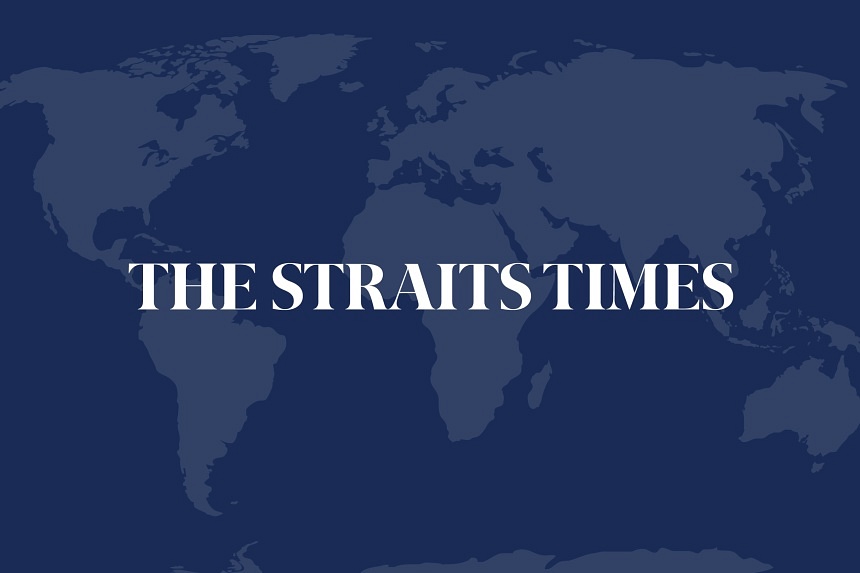Chinese President Xi Jinping and German Chancellor Olaf Scholz met on the sidelines of the Group of 20 (G20) summit in Rio de Janeiro. While their meeting lasted a mere 30 minutes, they still found time to talk about crucial economic and geopolitical issues.
Both leaders face difficult situations at home, with Scholz occupying a more precarious position. While Scholz was talking to Xi and other world leaders in Brazil, meetings were taking place in Berlin to discuss whether Scholz should remain his Social Democratic Party’s top candidate for the general election which is expected to take place on February 23.
Scholz’s coalition government collapsed earlier this month as the German economy slowed and coalition partners were riven by deep economic and political rivalries. For the time being, Scholz serves as the head of an interim minority government.
In Beijing, meanwhile, Xi also must grapple with a difficult economic situation, including a slowly recovering economy and a looming trade war over electric vehicles (EVs) with the European Union (EU). The prospect of the imminent return of Donald Trump to the White House is adding further uncertainty to the fragile and tense state of US-China relations.
As part of the summit in Brazil, G20 leaders released a declaration. The document outlines multiple fields of cooperation and attention for a more inclusive and effective G20: the international economic and political situation; social inclusion and the fight against hunger and poverty; sustainable development, energy transitions and climate action; and the reform of global governance institutions.
In his remarks on global governance in Rio de Janeiro, Xi emphasised the need for cooperation, openness, stability, innovation and eco-friendliness. While these high-minded aspirations are shared by many world leaders, their implementation is likely to be difficult in an increasingly polarised international environment.

 By South China Morning Post | Created at 2024-11-24 12:36:35 | Updated at 2024-11-24 14:50:09
2 hours ago
By South China Morning Post | Created at 2024-11-24 12:36:35 | Updated at 2024-11-24 14:50:09
2 hours ago








